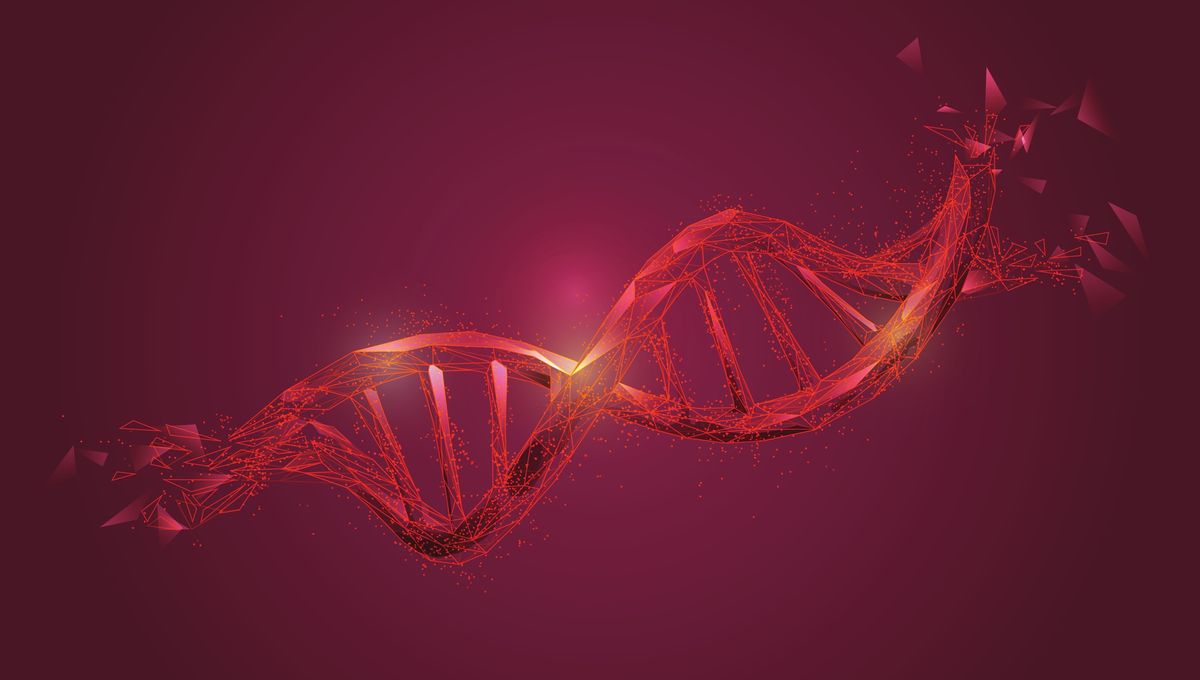
Natural selection shapes all life on Earth. As the world around them changes, organisms that can adapt have a better chance of reproducing. Humans are no exception – and while a few examples of recent evolution are known, we lack a deeper understanding of how the human genome is being shaped by natural selection.
The findings are a small step in better understanding human evolution. The researchers behind the study aimed to understand how the natural selection of complex traits unfolded. The team looked at 870 human traits that are created by multiple genes, finding that 755 of them were altered due to natural selection in the last 2,000 to 3,000 years.
The team was led by Weichen Song from the Shanghai Jiao Tong University. The researchers used modern human genetic data from the UK Biobank and Psychiatric Genomics Consortium. They compared this data to ancient genomic DNA from across Europe and the Near-East, providing insights into changes in the human genome across the last 45,000 years.
The team’s most intriguing finding showed that skin pigmentation, body measurement, and dietary traits were “continuously under intense selection pressure” across the time scales investigated. Pressures for skin color are due to a balancing act of reducing ultraviolet damage, important vitamin D requirements, and heat regulation. In fact, one of the earliest Britons, the Cheddar Man, had dark skin.
Body measurement and dietary traits have also been changed by genetic factors, together with external pressures such as ecology, climate, and migration.
The team also found that certain diseases have not been phased out quite as efficiently as one would expect. The genetic factors associated with conditions such as anorexia nervosa and inflammatory bowel disease were being suppressed, but cases persisted.
While the findings are intriguing, the team considers them just a preliminary foundational step needed for more detailed work. The study is limited by the use of genomes from the UK, which predominantly included people of European ancestry. It was also limited by the ancient genomes employed.
The work also is limited by the methodology of genome-wide association studies which do not distinguish between association and causality.
The Human Genome Project was finished in 2003, so a complete analysis of the human genome is not even 20 years old – many mysteries remain to be uncovered in it, and how it has been shaped by evolutionary forces.
The study is published in the journal Nature Human Behavior.
An earlier version of this article was published in November 2021.
Source Link: Natural Selection Has Changed The European Genome In The Last 3,000 Years